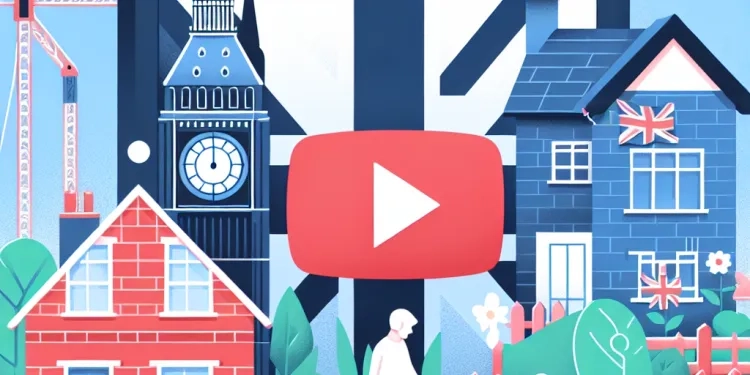
Find Help
More Items From Ergsy search
-
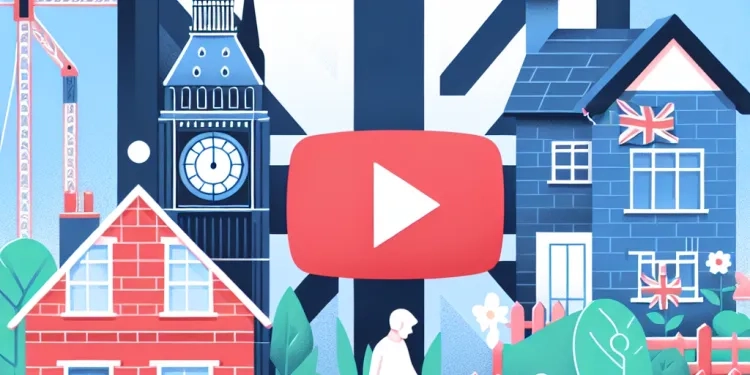
Navigating Legal Guardianship and Parental Responsibility in the UK
Relevance: 100%
-

What legal assistance is available to seniors?
Relevance: 30%
-

Understanding Parental Rights in Light of New UK Child Protection Legislation
Relevance: 28%
-

Who is responsible for assessing SEND needs?
Relevance: 27%
-
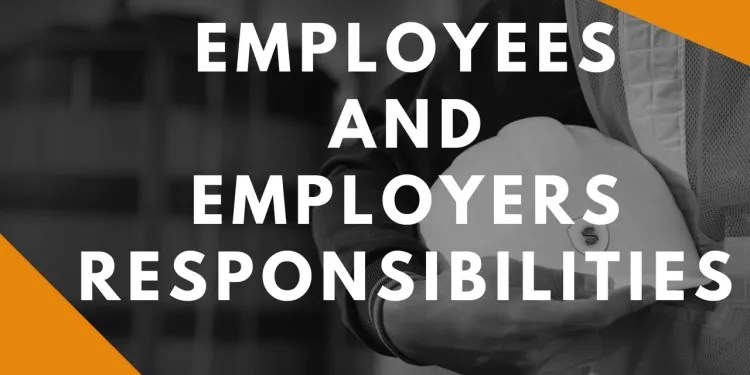
Health and safety responsibilities
Relevance: 25%
-
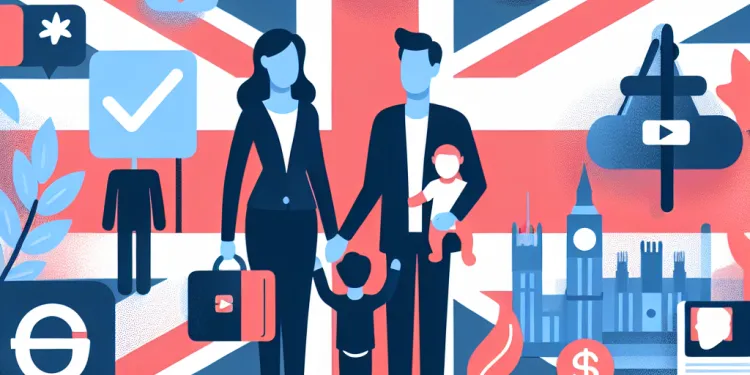
Navigating the Changes to Parental Leave Regulations
Relevance: 25%
-

How are parental rights addressed differently in the 2026 family court updates?
Relevance: 25%
-
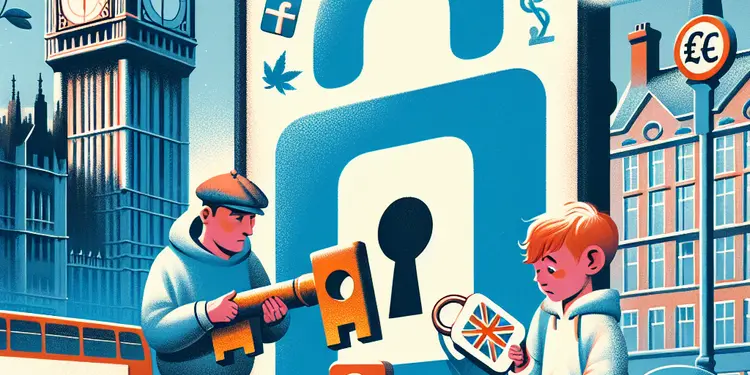
Could parents override a social media ban for their under 16 children?
Relevance: 25%
-

What role do parents play in the social media ban?
Relevance: 25%
-
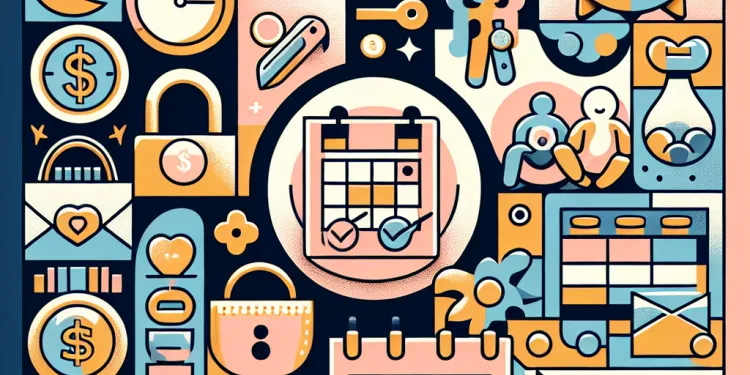
Upcoming Changes to Parental Leave Policies in the UK
Relevance: 24%
-
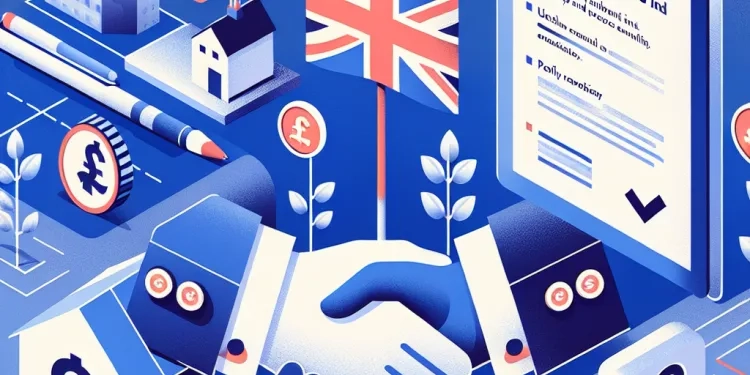
Is there a difference in responsibility between public and private land?
Relevance: 24%
-
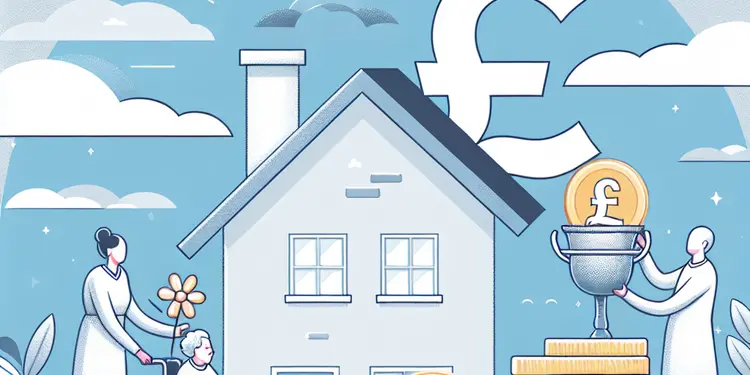
What legal resources are available for carers of Alzheimer's patients?
Relevance: 23%
-

How are parents involved in the SEND process?
Relevance: 23%
-
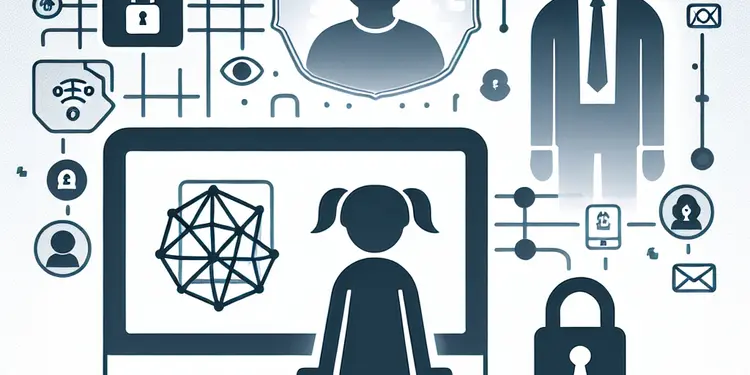
What online safety measures can parents implement?
Relevance: 22%
-

Exercise Routines for Busy Parents
Relevance: 22%
-
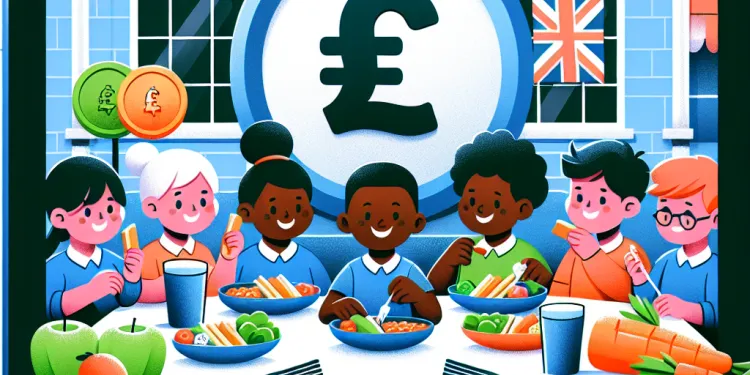
How can parents provide feedback on school meals?
Relevance: 22%
-

Is CBD legal?
Relevance: 21%
-

Who is responsible for providing school meals in the UK?
Relevance: 21%
-

What is the role of parental monitoring in children's screen time and sleep?
Relevance: 21%
-
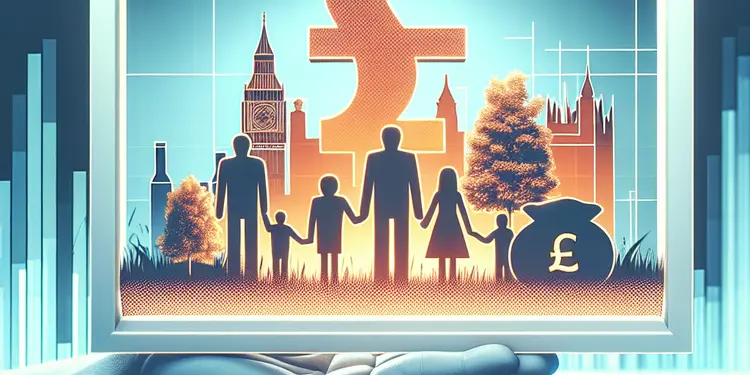
Who is responsible for paying Inheritance Tax?
Relevance: 21%
-

Who is responsible for paying the deceased’s tax debts?
Relevance: 20%
-

Is cryptocurrency legal?
Relevance: 20%
-

How can parents advocate for their SEND child?
Relevance: 20%
-

Is ketamine legal?
Relevance: 20%
-

Are water companies responsible to maintain and update infrastructure in the UK?
Relevance: 20%
-
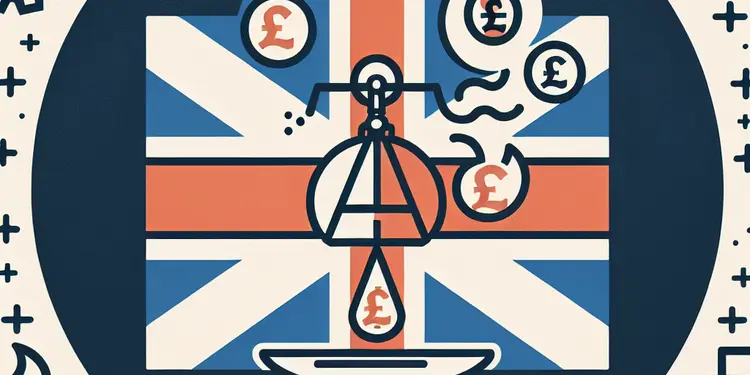
Legal Aid Cuts: Campaigners Warn of Access to Justice Crisis
Relevance: 19%
-

Is cannabis extract legal?
Relevance: 19%
-
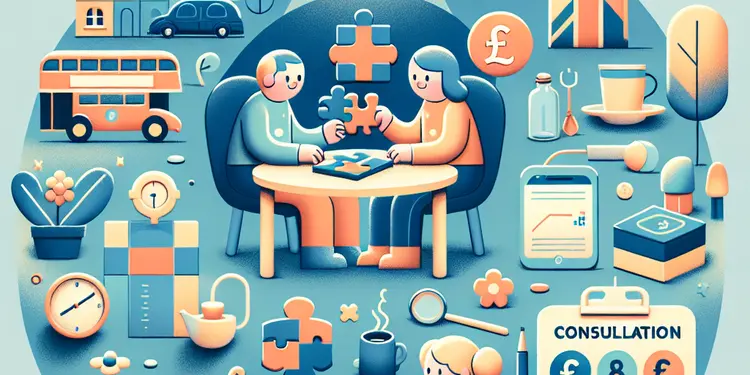
What advice is available for parents concerned about autism risks?
Relevance: 19%
-

Is it legal to import ketamine?
Relevance: 19%
-

What legal obligations do directors have during a dispute?
Relevance: 19%
-
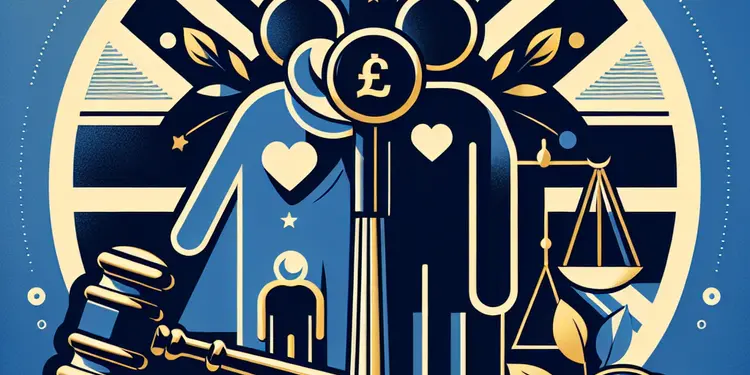
Are there modifications to legal aid access in family court for 2026?
Relevance: 19%
-

Is a hosepipe ban legally enforceable?
Relevance: 19%
-

Can the Attorney General in the UK intervene in legal proceedings?
Relevance: 19%
-
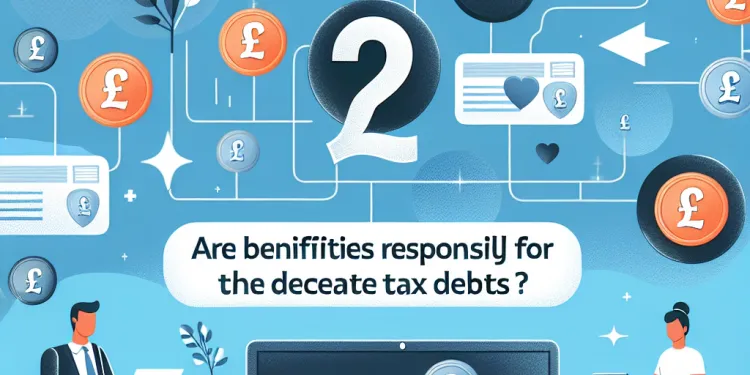
Are beneficiaries responsible for the deceased's tax debts?
Relevance: 18%
-

Are water companies responsible for maintaining water infrastructure in the UK?
Relevance: 18%
-
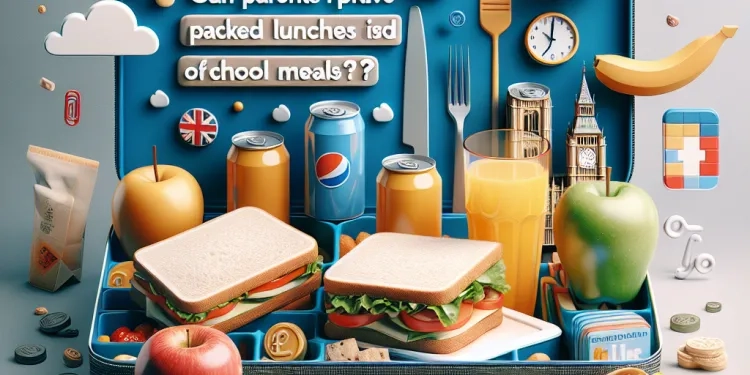
Can parents provide packed lunches instead of school meals?
Relevance: 18%
-

What are the legal requirements for redundancy in the UK?
Relevance: 18%
-
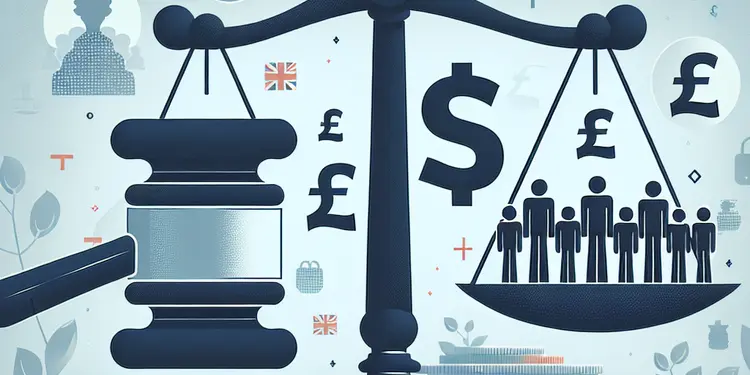
Government Faces Legal Challenge Over Proposed Immigration Bill
Relevance: 18%
-

Is it legal for me to block the view of my neighbour's security camera?
Relevance: 18%
-
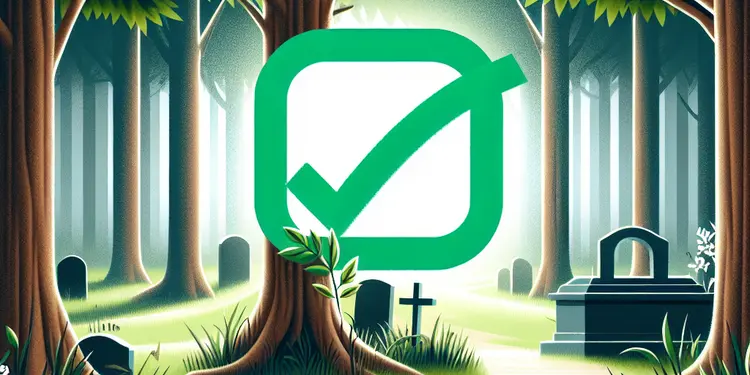
Are woodland burials legal in the UK?
Relevance: 18%
Navigating Legal Guardianship and Parental Responsibility in the UK
Understanding Legal Guardianship
Legal guardianship in the UK refers to the legal relationship granted by a court that bestows the guardian the rights and responsibilities to care for a child. This relationship is typically recognized when the parents are unable to fulfill their duties due to various reasons such as death, incapacity, or other severe circumstances. The appointed guardian assumes the role of a parent, making decisions regarding the child's welfare, including education, health, and daily living needs. Legal guardianship can be obtained through different routes, such as a legal will, court orders, or formal applications to local authorities.
Parental Responsibility Explained
Parental responsibility (PR) in the UK is a legal term that encompasses the rights, duties, powers, responsibilities, and authority a parent has for the child and their property. Typically, the birth mother automatically gains PR, while the father can obtain it if he is married to the mother at the time of birth or through joint registration, court orders, or formal agreements. PR enables parents to make crucial decisions about the child's life, like educational enrollment, medical treatment, and religious upbringing. In some cases, other individuals such as step-parents or civil partners may also acquire PR through legal processes.
Acquiring Legal Guardianship
To become a legal guardian in the UK, one must apply through the family court system. An application can be made if the parent has passed away or is incapacitated, or if the child requires a guardian due to neglect or abandonment. Local authorities or concerned individuals such as relatives might initiate the process. The court's primary consideration is the child's best interests, analyzing the potential guardian's ability to provide a stable, secure environment. Once granted, the legal guardian assumes full PR, effectively taking on the parental role until the child reaches adulthood.
Differences Between Guardianship and Parental Responsibility
While both legal guardianship and PR involve caring for the child, they differ in terms of scope and origin. PR can be shared or exercised by multiple individuals, including non-parents if the court deems it necessary. Guardianship, however, typically denotes one individual taking over full responsibility when parents cannot fulfill their roles. Guardianship is often a more long-term, secure arrangement, providing the child with a sense of continuity, whereas PR might be distributed among several care providers, depending on court orders and family agreements.
Navigating Legal Guardianship and Parental Responsibility in the UK
Understanding Legal Guardianship
Legal guardianship in the UK means a person is chosen by a court to take care of a child. This happens when the child's parents cannot look after them, maybe because they have died or are very sick. The guardian acts like a parent and decides on the child's needs, like school, healthcare, and daily living. To become a guardian, you can get this through a will (a legal document), a court order, or ask the local council.
Parental Responsibility Explained
Parental responsibility (PR) in the UK is about the rights and duties a parent has for their child. Usually, the birth mother automatically has PR. A father gets it if he is married to the mother when the baby is born. Fathers can also get PR by signing forms together, going to court, or making legal agreements. PR means you help make big decisions in the child's life like school, healthcare, and religion. Others like step-parents or civil partners can also get PR through legal steps.
Acquiring Legal Guardianship
To become a legal guardian in the UK, you must go to family court. You can apply if the child's parent has died, is sick, or if the child needs care because they are not safe. People like family members or local council workers can start the process. The court looks at what is best for the child, making sure the new guardian can provide a safe home. Once granted, the guardian has all the parent's rights and duties until the child grows up.
Differences Between Guardianship and Parental Responsibility
Both guardianship and PR are about caring for a child, but they are not the same. PR can be shared by different people, like parents and step-parents. Guardianship usually means one person takes over completely because the parents cannot. Guardianship is often long-term and gives the child stability. PR can be shared by several people, depending on court decisions and family agreements.
Supportive Tools and Techniques
To help understand these topics, you might find it useful to use visuals, such as charts or diagrams. Listening to audio explanations or using text-to-speech technology can also help. If you need help with reading, asking someone to explain the text in simpler words might be helpful too.
Frequently Asked Questions
What is legal guardianship in the UK?
Legal guardianship in the UK refers to the legal authority given to an individual to care for a child when the parents are unable to do so. This includes making important decisions about the child's welfare, education, and health.
How is legal guardianship different from parental responsibility?
While legal guardianship provides an individual with the authority to care for a child, parental responsibility refers to all the legal rights, duties, powers, and responsibilities a parent has for a child. These include providing a home, protecting and maintaining the child, and making decisions regarding their education and medical treatment.
Who can be appointed as a legal guardian?
A legal guardian can be any adult who is capable of fulfilling the role, such as a relative, family friend, or professional guardian. The appointment must be approved by a court.
How can someone obtain legal guardianship of a child?
To obtain legal guardianship, an individual must apply to the court. The court will review the application and may schedule a hearing to determine if guardianship is in the best interests of the child.
Can parents still have contact with the child if someone else is their legal guardian?
Yes, parents can still have contact with their child if someone else is their legal guardian, provided it is in the child's best interests. The court may establish contact arrangements.
Do legal guardians have the same rights as parents?
Legal guardians have many of the same rights and responsibilities as parents, including making decisions about the child's welfare, education, and health. However, they do not replace the parents in legal terms and must act in the child's best interests.
What is the role of a guardian ad litem?
A guardian ad litem is a person appointed by the court to represent the best interests of a child during legal proceedings, such as custody hearings or disputes between parents.
What happens to parental responsibility if a parent dies?
If a parent with parental responsibility dies, the surviving parent usually retains parental responsibility. If both parents die, a legal guardian appointed in their will or by the court will assume responsibility for the child.
Can parental responsibility be removed?
Parental responsibility can be removed by the court if it is deemed in the child's best interests. This is often a last resort and typically occurs in cases of neglect, abuse, or where a parent poses a risk to the child.
Can more than one person have parental responsibility?
Yes, more than one person can have parental responsibility for a child. This can include both parents and, in some cases, step-parents or legal guardians.
How does a step-parent get parental responsibility?
A step-parent can obtain parental responsibility by entering into a parental responsibility agreement with the child's parents (provided everyone agrees) or by applying for a court order.
What is a parental responsibility order?
A parental responsibility order is a court order that grants parental responsibility to someone who does not automatically have it, such as a step-parent or grandparent.
Can parental responsibility be shared between parents and guardians?
Yes, parental responsibility can be shared between parents and legal guardians. This arrangement allows for collaborative decision-making in the best interests of the child.
How does adoption affect legal guardianship and parental responsibility?
When a child is adopted, the adoptive parents gain full parental responsibility, and any legal guardianship or parental responsibility held by the child's birth parents or previous guardians is terminated.
What is the legal process for appointing a guardian in the event of a parent's death?
To appoint a guardian in the event of a parent's death, the parent can name a guardian in their will. The appointed guardian will take on responsibility for the child upon the parent's death, subject to court approval to ensure the arrangement is in the child's best interests.
What does a legal guardian do in the UK?
A legal guardian is a person who takes care of someone who is not an adult yet. This person is called a "child." A legal guardian makes important decisions for the child.
If you need help understanding legal guardianship, you can ask a friend, family member, or a teacher to explain it to you. You can also use picture stories or videos to learn more.
Legal guardianship in the UK means a person is chosen to look after a child if the parents can't do it. This person makes big choices for the child, like helping with school, health, and making sure they are safe.
What is the difference between being a legal guardian and being a parent with responsibility?
Legal guardianship means you can take care of a child. Parental responsibility means you have all the rights and duties for the child. This includes giving them a home, keeping them safe, and deciding about their school and health care.
Who can be picked to be a legal guardian?
A legal guardian is a person who helps take care of someone who cannot do it by themselves, like a child or someone who is sick.
Here are some things to look for in a legal guardian:
- An adult (someone older than 18).
- Someone who can be trusted to make good choices.
- Someone who knows how to take care of a person’s needs.
If you need help understanding, you can:
- Ask a parent or friend to explain.
- Use pictures to understand better.
- Listen to the information if reading is hard.
A legal guardian is an adult who takes care of another person. They could be a family member, a friend, or someone who does this job for work. A judge in a court has to say it is okay for them to be a legal guardian.
If you find reading tough, you might like to use tools that read the text aloud or break it into smaller parts for you. You can also ask someone to help explain any hard words.
How can someone become a legal guardian of a child?
Do you want to take care of a child as their guardian? Here’s how you can do it:
1. Learn what legal guardianship means: This is when you are allowed by law to take care of a child who is not your own.
2. Find out the rules: Each place has different rules. Check what the rules are where you live.
3. Talk to a lawyer: A lawyer can help you understand the steps you need to take.
4. Get the right forms: You will need to fill out forms to ask the court to make you a guardian. You can often find these forms at the local courthouse or online.
5. Gather important papers: You may need the child’s birth certificate and other papers.
6. Go to court: You will need to show up in court and tell the judge why you want to be the child’s guardian.
Helpful Tools: ReadAloud apps and websites can read text out loud to you. Mind maps can help you organize your thoughts.
If you want to become a legal guardian, you need to ask the court. The court will look at your request and might have a meeting to decide if it is good for the child.
Can parents still see their child if someone else takes care of them?
Yes, parents can still see their child even if someone else is their legal guardian. But it must be good for the child. The court can help make plans for visits.
Do legal guardians have the same rights as parents?
A legal guardian is a person who is chosen by a court to take care of a child.
Legal guardians have rights like a parent. They can make choices about the child's life. This includes where the child lives, goes to school, and their health care.
But, some things may be different. A court can decide what rights the legal guardian has.
If you need help understanding, ask someone you trust, like a family member or teacher.
A legal guardian is a person who takes care of a child. They can make choices about the child’s care, school, and health. They have some of the same duties as parents. But they are not the same as being the child's parent in the eyes of the law. They must always do what is best for the child.
Here are some ways to help with understanding: - Use a ruler or a finger to follow the words. - Read with someone who can help. - Break the text into small parts. - Use an app that reads the text out loud.What does a guardian ad litem do?
A guardian ad litem is a person who helps a child in court. This person speaks for the child and tells the court what they think is best for the child. They listen to the child and make sure the child's voice is heard.
Here are some ways to get help:
- Ask someone to read with you.
- Use tools that read out loud.
- Break the information into small parts.
A guardian ad litem is someone the court picks to help a child in legal matters. They make sure what's best for the child is considered in meetings about things like who the child lives with or when parents do not agree.
What happens if a parent dies?
If a mom or dad dies, who takes care of the children? This is what we need to find out. Let's talk about it so everyone can understand.
If one parent dies, the other parent usually takes care of the children. If both parents are not there anymore, someone else may take care of the children. This person can be a family member, like a grandparent or an uncle/aunt, or a close friend.
If there is a plan or a special paper (will) that says who should take care of the children, that person will help. If you want to learn more or need help, you can ask a trusted adult or a teacher. They can explain it to you.
Helpful tools: Use pictures or simple stories to help understand what happens. Talking with someone you trust can also make it clearer.
If a parent in charge dies, the other parent usually stays in charge. If both parents die, a person chosen in their will or by the court will take care of the child.
Can someone stop being a legal parent?
Yes, sometimes a person might stop being a legal parent.
If this happens, a judge decides. They think about what is best for the child. It is not easy to change.
If you need help understanding, ask a trusted adult to explain or use tools like speech-to-text for reading.
The court can take away a parent's responsibility if it is better for the child. This happens if the parent is not caring for the child properly, is hurting the child, or is dangerous to the child.
If reading is hard, try using audiobooks or ask someone to read the text aloud with you. Highlighting important words can also help.
Can more than one person be in charge of looking after a child?
Yes, more than one person can look after a child. This can be both parents. Sometimes, it can also be step-parents or other adults who take care of the child.
How can a step-parent take care of a child?
If you are a step-parent, you can ask to be in charge of looking after your step-child. This is called getting "parental responsibility."
Here are some ways to do it:
- Talk to the real parents: You can ask the child's real parents for permission.
- Go to court: A judge can decide if you can help look after the child.
If you need help, you can:
- Ask someone you trust to explain what to do.
- Use a computer to find more information.
Always make sure you do what's best for the child!
If you are a step-parent, you can get the right to make decisions for your step-child. You can do this by agreeing with the child's parents or by asking a court for help. Everyone must agree for the first option.
What is a parental responsibility order?
A parental responsibility order is a paper from the court. It says who is responsible for looking after a child. This means they help make big decisions for the child, like where they go to school or if they need to see a doctor.
To understand better, you can:
- Ask someone to read it with you.
- Use pictures or drawings to help explain things.
- Listen to the information if you have a recording.
A parental responsibility order is a decision made by a court. This decision gives someone the right to be a parent. This is for people who are not already a parent, like a step-parent or a grandparent.
Can parents and guardians share taking care of a child?
Yes, parents and guardians can work together to take care of a child. This means they can make important decisions together about the child's life, like where they go to school and their health care.
Using calendars or apps can help parents and guardians plan together. They can also talk about what each person will do to help care for the child.
If you need more help, talking to a family counselor might be a good idea. It helps everyone understand their roles and support the child better.
Yes, parents and legal guardians can share responsibility for a child. This means they work together to make the best decisions for the child's well-being.
What happens to legal guardianship and parental responsibility when a child is adopted?
When a child is adopted, their new parents become their legal guardians. This means the new parents are responsible for taking care of the child and making decisions for them. The child’s birth parents no longer have parental responsibility.
It can help to use pictures and diagrams to explain these changes. Talking with a helper or using apps can also make it easier to understand.
When a child is adopted, the new parents become the child's parents in every way. The child's birth parents or any other guardians stop being the child's parents legally.
How do you choose someone to take care of a child if a parent dies?
If a parent dies, someone needs to take care of their child. The parent can choose a person to do this and write it down in a will. This person is called a guardian. When the parent dies, the court will check to make sure this is the best choice for the child. If it is, the guardian will take care of the child.
Useful Links
This website offers general information and is not a substitute for professional advice.
Always seek guidance from qualified professionals.
If you have any medical concerns or need urgent help, contact a healthcare professional or emergency services immediately.
- Ergsy carfully checks the information in the videos we provide here.
- Videos shown by Youtube after a video has completed, have NOT been reviewed by ERGSY.
- To view, click the arrow in centre of video.
- Most of the videos you find here will have subtitles and/or closed captions available.
- You may need to turn these on, and choose your preferred language.
- Go to the video you'd like to watch.
- If closed captions (CC) are available, settings will be visible on the bottom right of the video player.
- To turn on Captions, click settings .
- To turn off Captions, click settings again.
More Items From Ergsy search
-

Navigating Legal Guardianship and Parental Responsibility in the UK
Relevance: 100%
-

What legal assistance is available to seniors?
Relevance: 30%
-

Understanding Parental Rights in Light of New UK Child Protection Legislation
Relevance: 28%
-

Who is responsible for assessing SEND needs?
Relevance: 27%
-

Health and safety responsibilities
Relevance: 25%
-

Navigating the Changes to Parental Leave Regulations
Relevance: 25%
-

How are parental rights addressed differently in the 2026 family court updates?
Relevance: 25%
-

Could parents override a social media ban for their under 16 children?
Relevance: 25%
-

What role do parents play in the social media ban?
Relevance: 25%
-

Upcoming Changes to Parental Leave Policies in the UK
Relevance: 24%
-

Is there a difference in responsibility between public and private land?
Relevance: 24%
-

What legal resources are available for carers of Alzheimer's patients?
Relevance: 23%
-

How are parents involved in the SEND process?
Relevance: 23%
-

What online safety measures can parents implement?
Relevance: 22%
-

Exercise Routines for Busy Parents
Relevance: 22%
-

How can parents provide feedback on school meals?
Relevance: 22%
-

Is CBD legal?
Relevance: 21%
-

Who is responsible for providing school meals in the UK?
Relevance: 21%
-

What is the role of parental monitoring in children's screen time and sleep?
Relevance: 21%
-

Who is responsible for paying Inheritance Tax?
Relevance: 21%
-

Who is responsible for paying the deceased’s tax debts?
Relevance: 20%
-

Is cryptocurrency legal?
Relevance: 20%
-

How can parents advocate for their SEND child?
Relevance: 20%
-

Is ketamine legal?
Relevance: 20%
-

Are water companies responsible to maintain and update infrastructure in the UK?
Relevance: 20%
-

Legal Aid Cuts: Campaigners Warn of Access to Justice Crisis
Relevance: 19%
-

Is cannabis extract legal?
Relevance: 19%
-

What advice is available for parents concerned about autism risks?
Relevance: 19%
-

Is it legal to import ketamine?
Relevance: 19%
-

What legal obligations do directors have during a dispute?
Relevance: 19%
-

Are there modifications to legal aid access in family court for 2026?
Relevance: 19%
-

Is a hosepipe ban legally enforceable?
Relevance: 19%
-

Can the Attorney General in the UK intervene in legal proceedings?
Relevance: 19%
-

Are beneficiaries responsible for the deceased's tax debts?
Relevance: 18%
-

Are water companies responsible for maintaining water infrastructure in the UK?
Relevance: 18%
-

Can parents provide packed lunches instead of school meals?
Relevance: 18%
-

What are the legal requirements for redundancy in the UK?
Relevance: 18%
-

Government Faces Legal Challenge Over Proposed Immigration Bill
Relevance: 18%
-

Is it legal for me to block the view of my neighbour's security camera?
Relevance: 18%
-

Are woodland burials legal in the UK?
Relevance: 18%


